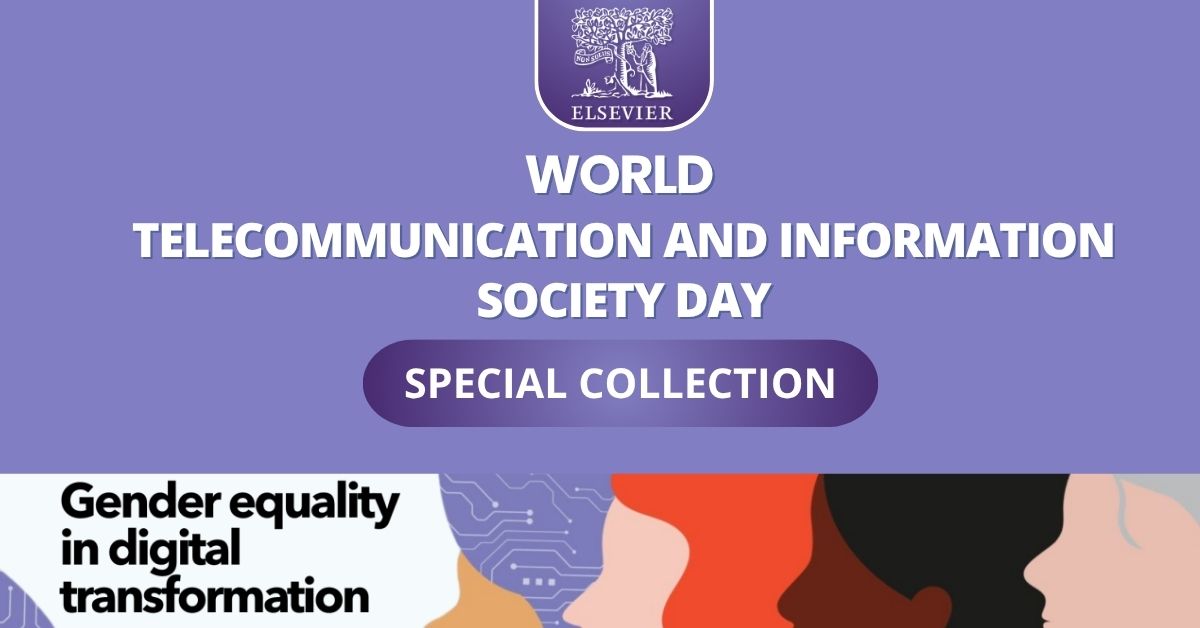A New Interactive Tool Empowers the Public to Search Geo-Targeted Missing Children Alerts Being Distributed Through the ADAM Program. The Dashboard Was Released in Honor of National Missing Children’s Day.
This chapter aligns with UN SDG goal 3, emphasizing the link between a healthy diet and disease prevention
World Telecommunication and Information Society Day is an annual celebration on May 17th. To raise awareness for this important topic, Elsevier presents a curated list of publicly available journal articles and book chapters to help advance #SDG9 and #SDG10 research.

